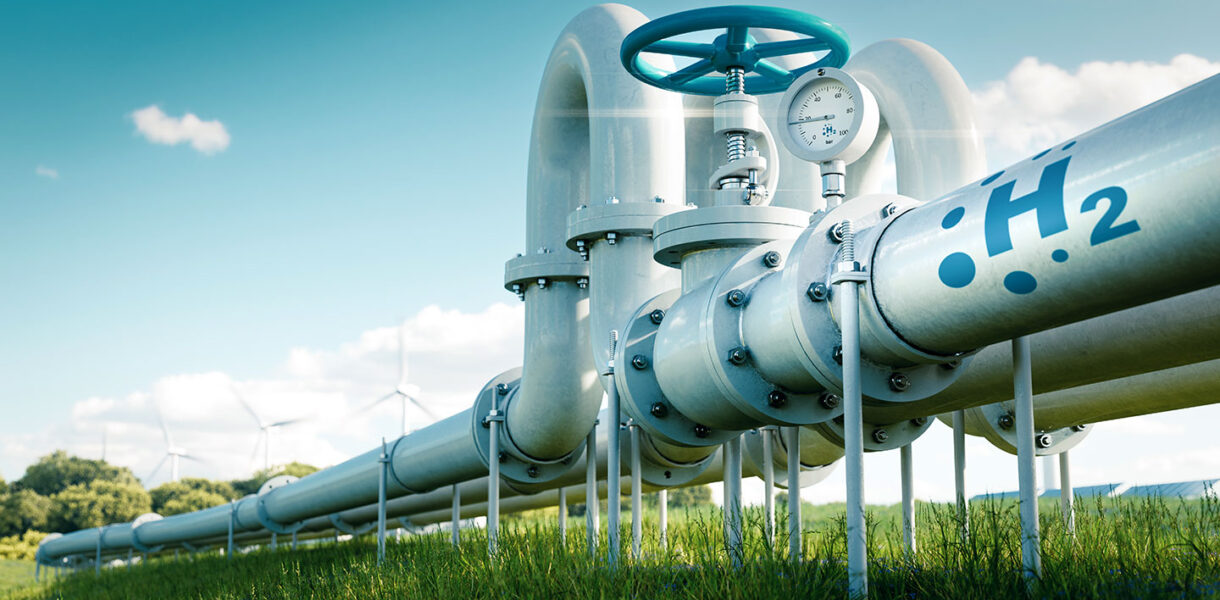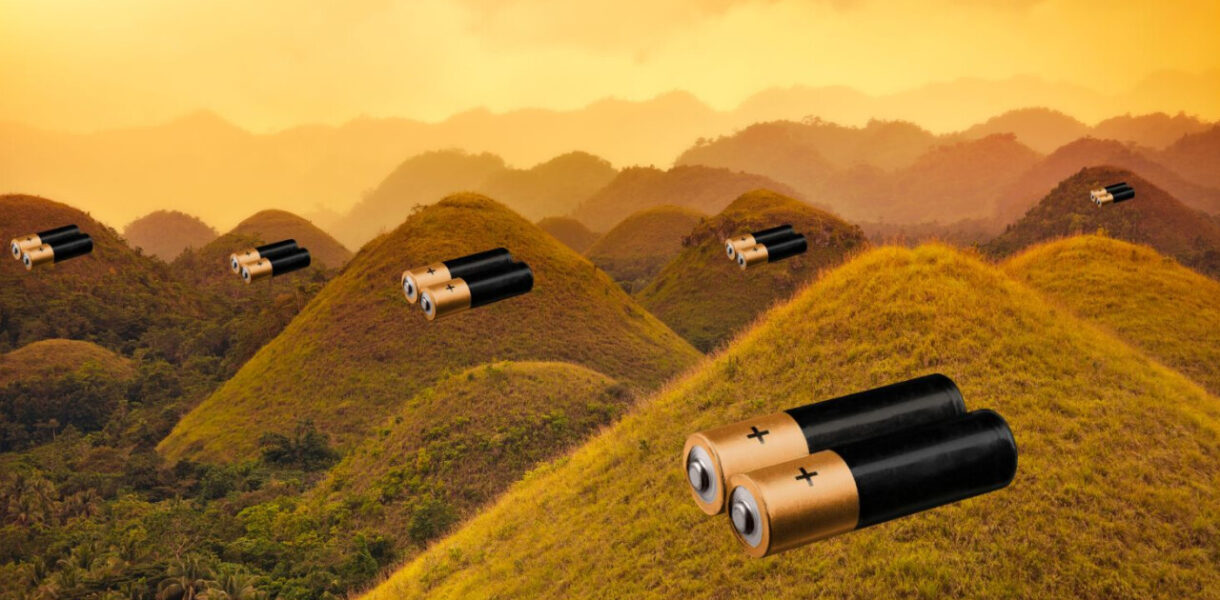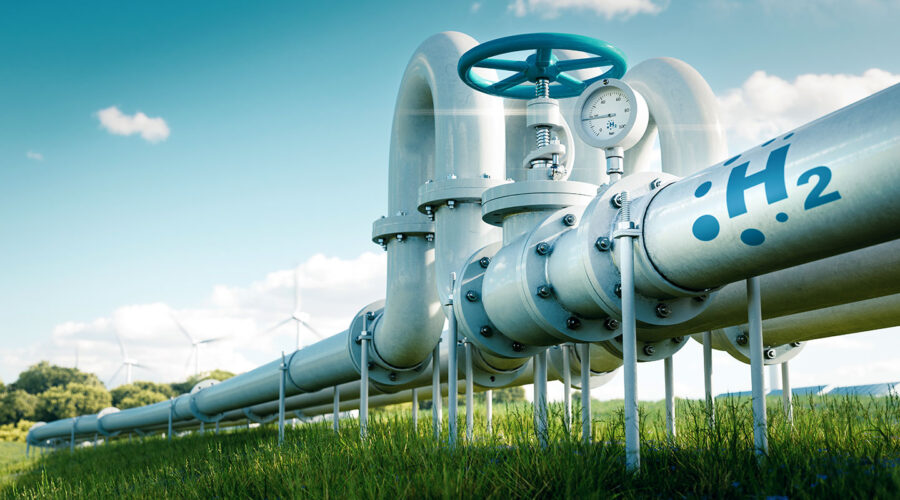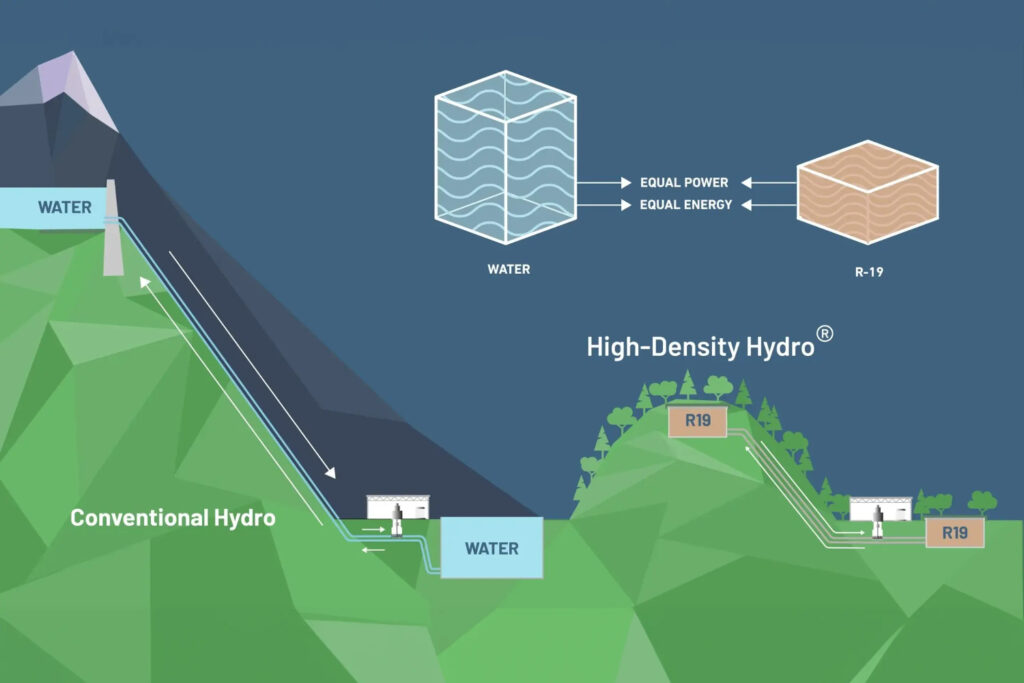In the realm of sustainable energy, one element stands poised to revolutionize our global energy landscape: hydrogen. Often overlooked but possessing immense potential, hydrogen offers a promising solution to the challenges of climate change and energy sustainability.
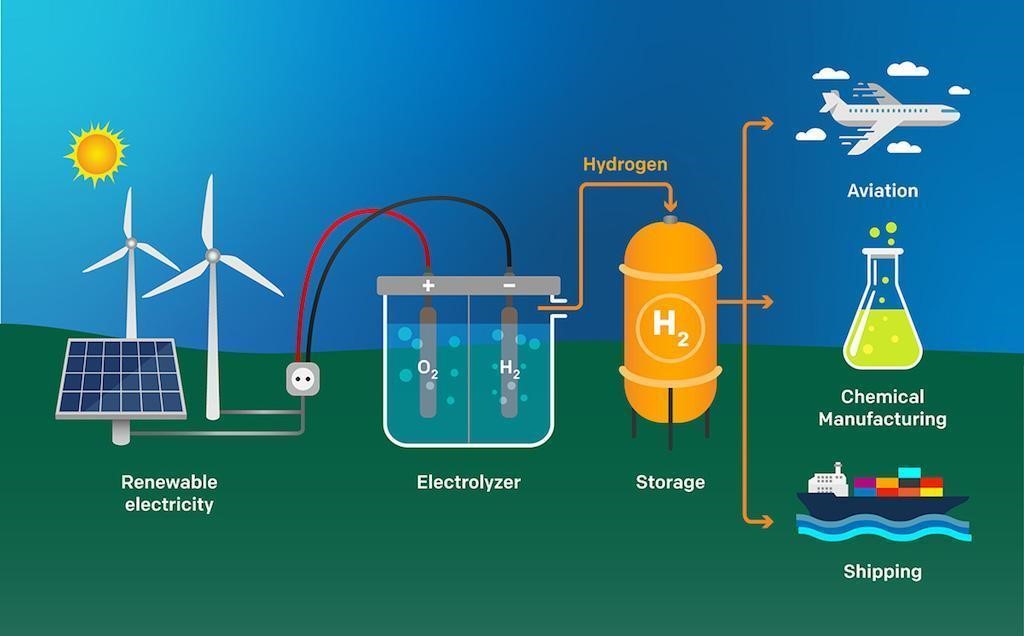
Hydrogen’s Environmental Promise:
Unlike traditional fossil fuels, hydrogen combustion emits only water vapor, making it a clean and environmentally friendly energy source. As nations worldwide intensify their efforts to combat climate change, hydrogen emerges as a pivotal player in achieving carbon neutrality and reducing greenhouse gas emissions.
The Power of Versatility:
One of hydrogen’s most compelling attributes lies in its versatility. Beyond its application as a fuel for transportation, hydrogen serves as a cornerstone for energy storage and grid stabilization. Its ability to be produced through various methods, including electrolysis powered by renewable energy, underscores its role as a key enabler of the renewable energy transition.
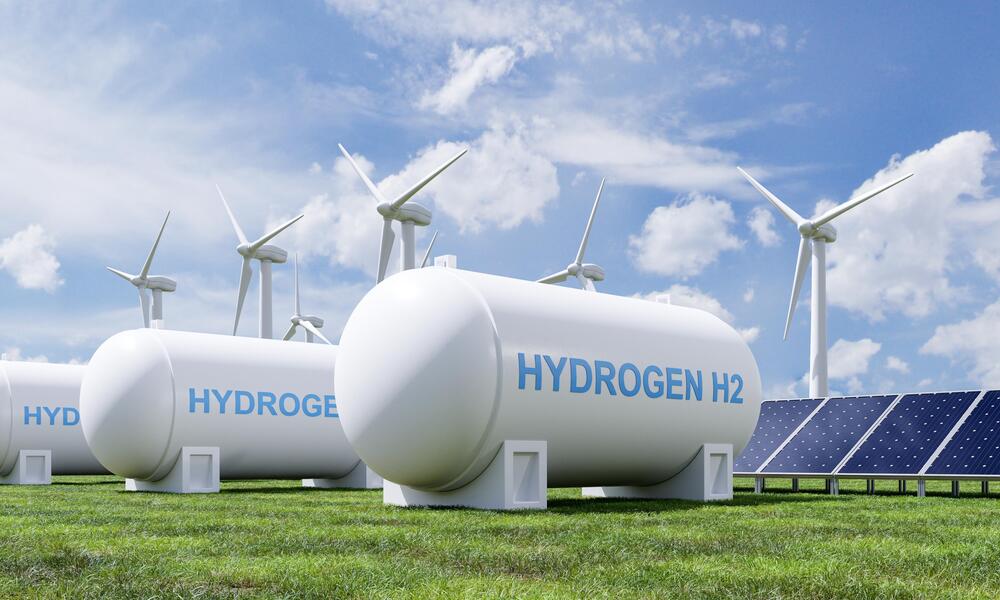
The Catalyst for Industrial Innovation:
Hydrogen’s impact extends beyond the realm of energy production. It serves as a vital feedstock in numerous industrial processes, including ammonia production and steel manufacturing, where decarbonization efforts are paramount. As industries seek to minimize their carbon footprint, hydrogen emerges as a cornerstone for sustainable industrial practices.
Challenges and Opportunities:
Despite its immense potential, the widespread adoption of hydrogen faces several challenges. Chief among these is the need for efficient and cost-effective production methods, as well as the development of robust infrastructure for storage, transportation, and distribution. However, ongoing research and technological advancements are rapidly addressing these barriers, paving the way for hydrogen’s ascension as a mainstream energy solution.
Facts and Figures:
- Energy Density: Hydrogen boasts an impressive energy density, offering more energy per unit mass than traditional fossil fuels.
- Renewable Production: The utilization of renewable energy sources for hydrogen production has witnessed a significant upsurge, with electrolysis emerging as a leading method.
- Industrial Integration: Industries such as transportation, manufacturing, and power generation are increasingly integrating hydrogen into their operations to reduce emissions and enhance sustainability.
Looking Ahead:
As we stand on the cusp of a new era in energy, hydrogen shines brightly as a beacon of hope and progress. Its transformative potential to reshape our energy landscape, coupled with ongoing advancements in production and infrastructure, underscores its status as the future of efficient energy.
In conclusion, embracing hydrogen holds the key to unlocking a sustainable future for generations to come. By harnessing its power and potential, we can pave the way towards a cleaner, greener, and more prosperous world.

